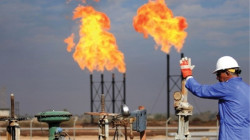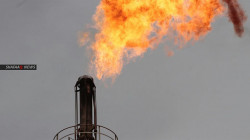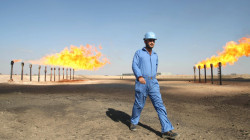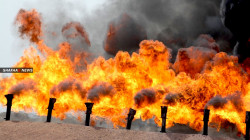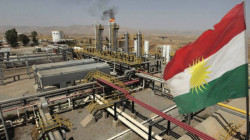Dana Gas: Production in Khor Mor field to resume after the attack
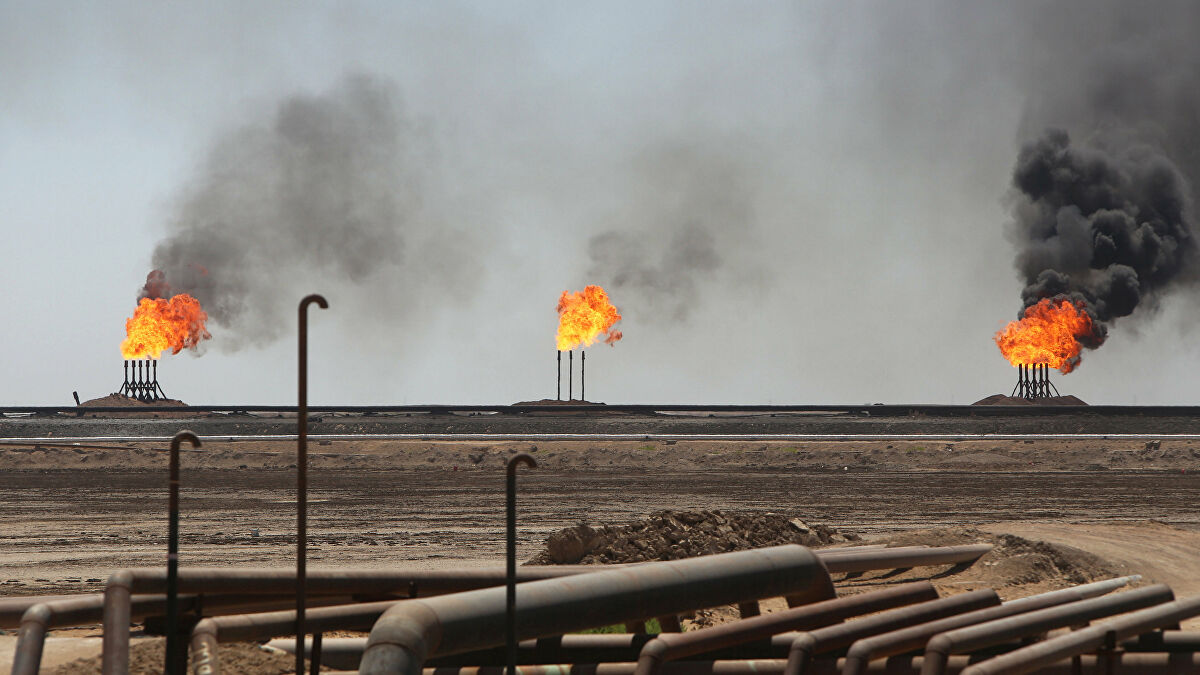
Shafaq News/ The UAE's energy company Dana Gas (DANA.AD) has announced plans to gradually restart production at the Khor Mor gas field in Iraq's Kurdistan Region following the recent drone strike that resulted in the death of four workers and the injuries of eight others.
The attack also halted gas supplies to electricity generation stations, causing a production decrease of approximately 2,500 megawatts.
The company, one of the largest private natural gas firms in the Middle East, will resume operations in the field in a "phased manner" while introducing new safety measures to protect personnel and facilities.
"Based upon concrete actions taken by the Iraqi government and the Kurdistan Regional Government to strengthen defenses at the Khor Mor site significantly… Dana Gas and its partners have taken steps to recommence production," the company said in a filing to the Abu Dhabi Securities Exchange.
The company did not specify a timeline for the complete restoration of production.
Iraqi officials condemned the attack, labeling it a "terrorist." Prime Minister Al-Sudani assured that leads to the responsible parties had been discovered, and legal actions would be taken once the investigation concludes.
The Khor Mor oil field, located in the Chamchamal district of al-Sulaymaniya within the Kurdistan Region, has been the target of similar attacks.
In January, a drone strike temporarily halted production, causing power shortages in the northern Kurdistan region.
No party claimed responsibility for the targetings.
The Pearl Consortium operates the field, led by Dana Gas and Crescent Petroleum, with partners including OMV of Austria, MOL of Hungary, and RWE.
Production at Khor Mor began in 2008, supplying gas to power stations in Chamchamal, Bazian, and Erbil, making the Kurdish region a pioneer in using gas for electricity in Iraq.
By 2018, production surged by 50%, reaching 452 million standard cubic feet per day from 305 million standard cfd by the end of 2021. Additionally, the field produced 15,000 barrels per day of condensate and over 1,000 tonnes of liquefied petroleum gas. So far, all the gas from the field has been utilized for domestic power generation, fueling over 80% of Kurdistan's electricity needs in Iraq.
